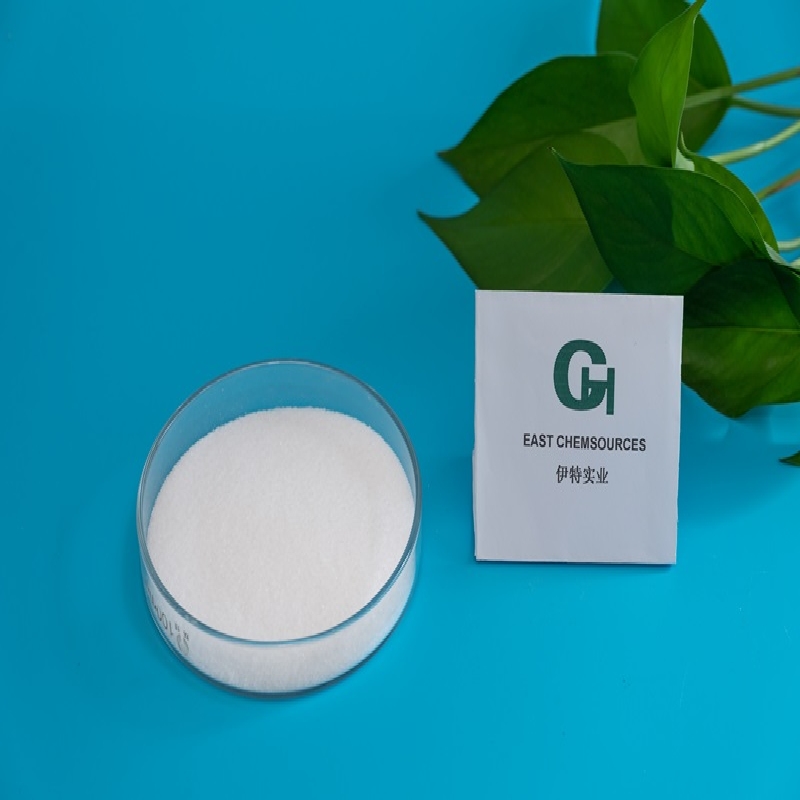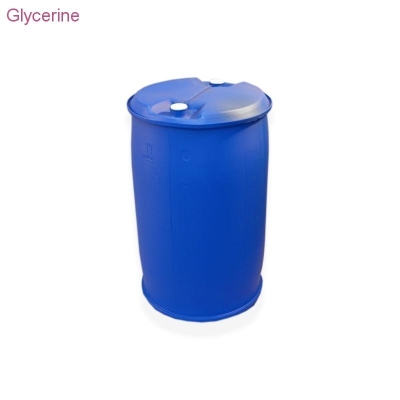-
Categories
-
Pharmaceutical Intermediates
-
Active Pharmaceutical Ingredients
-
Food Additives
- Industrial Coatings
- Agrochemicals
- Dyes and Pigments
- Surfactant
- Flavors and Fragrances
- Chemical Reagents
- Catalyst and Auxiliary
- Natural Products
- Inorganic Chemistry
-
Organic Chemistry
-
Biochemical Engineering
- Analytical Chemistry
- Cosmetic Ingredient
-
Pharmaceutical Intermediates
Promotion
ECHEMI Mall
Wholesale
Weekly Price
Exhibition
News
-
Trade Service
In modern society, obesity has become an increasingly prevalent metabolic disease affecting 38 per cent of the world's adults and 16 per cent of children and adolescents.
the WHO estimates that 2.8 million people die each year from obesity, making it the second-largest risk factor after smoking.
, obesity is an independent risk factor for development in many other diseases, such as type 2 diabetes, cardiovascular disease and cancer.
obesity-related complications pose a significant financial burden on public health services worldwide.
recently, researchers at Columbia University's Irvine Medical Center published a research paper in the journal eLife entitled: Lipocalin-2 is an anorexigenic signal in primates.
the study found a hormone called Lipocalin-2, which inhibits food intake and increases satiety, and can act on the lower abstines through the blood-brain barrier as a potential treatment for obesity.
the definition of obesity, the body mass index, is currently commonly used in the world to measure the degree of obesity and health of a standard.
BMI - Weight (Kg) divided by height square (m2), BMI greater than 25 is overweight, greater than 30 is obese.
Lipocalin-2 (LCN2) hormone is produced mainly by bone cells and is naturally found in mice and humans.
study showed that long-term giving mice LN2 reduced food intake and prevented weight gain without slowing their metabolism.
previous studies in mice have shown that Lipocalin-2 (LCN2) acts as a signal of satiety after eating, leading to limiting food intake and achieving this through the lower pasum.
team wanted to learn more about whether Lipocalin-2 (LCN2) had a similar effect on humans and whether it could break through the blood-brain barrier after injection.
team first analyzed data from four different studies from the United States and Europe, including people of normal weight and people who were overweight or obese.
each study ate after fasting all night and studied the levels of Lipocalin-2 (LCN2) in the blood before and after eating.
tests showed an increase in Lipocalin-2 (LCN2) levels after meals in normal-weight people, which was consistent with the degree to which they felt full after eating.
, lipocalin-2 (LCN2) levels dropped after eating in overweight or obese people.
based on reactions after eating, the researchers divided people into non-reactive or responders.
non-reactive people who did not have an increase in Lipocalin-2 (LCN2) after eating, had larger waist circumferences and higher markers of metabolic diseases, including BMI, body fat, elevated blood pressure, and elevated blood sugar.
, however, it is worth noting that people who found weight loss after gastric bypass surgery regained sensitivity to Lipocalin-2 (LCN2), from non-reactive before surgery to post-surgery responders.
results suggest that the loss of Lipocalin-2 (LCN2) regulation after eating is a new mechanism for obesity and may be a potential target for weight loss treatments.
after confirming that Lipocalin-2 (LCN2) could break through the blood-brain barrier, the team explored whether the hormone therapy could reduce food intake and prevent weight gain.
team treated monkeys with Lipocalin-2 (LCN2) for a week.
After one week, their food intake was reduced by 28% compared to prior to treatment, and measurements of weight, body fat and blood lipid levels after only one week of treatment showed a downward trend in treated animals with no toxic side effects.
Stavroula Kousteni, a professor of physiology and cellular biophysics at Columbia University's Irvine Medical Center and co-author of the paper, concluded: 'This study has shown that Lipocalin-2 (LCN2) can pass through the brain, enter the lower papyric brain and suppress food intake in non-human primates.
overall, the results showed that Lipocalin-2 (LCN2) inhibited appetite and found no toxic side effects, which laid the foundation for further clinical use of Lipocalin-2 (LCN2) to treat obesity.
。







